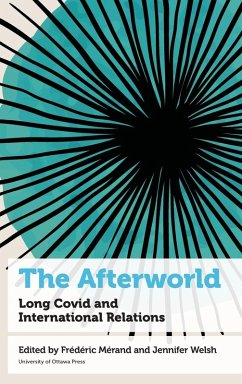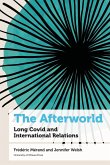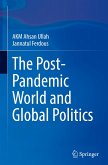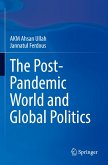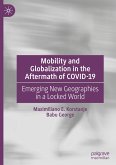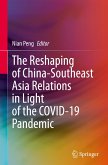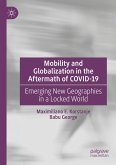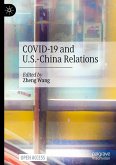COVID-19 sparked the largest global crisis of the 21st century, extending well beyond public health. For some, the impact was swift and dramatic, with the pandemic pushing tens of millions into poverty and creating extreme food insecurity; for others, the transformations are still bubbling under the surface. Efforts to arrest the spread of COVID-19 entailed far-reaching forms of government intervention and the extensive use of new technologies. Questions thus remain as to whether the societal changes brought about by COVID-19 will endure in the post-pandemic period. The return of geopolitics, along with the war in Ukraine and tensions in Asia, have further complexified an already complex global situation. Since March 2020, there has been an explosion of analyses about the short-term impacts and future global consequences of COVID-19. Parallels to the 1930s collapse of Europe have been made, as recounted by Stefan Zweig in his famous memoir, The World of Yesterday. While most commentators are pessimistic, some are looking for positive change. Faced with this unprecedented crisis, we have been propelled to think about how, in the "next world," we can strengthen economic prosperity, social justice, the environment, gender relations, public health, and political institutions--or at least ensure that these features of our world do not continue to deteriorate. In The Afterworld, 50 professors from four Montreal universities, among the foremost experts in their fields, propose progressive, pragmatic, and social science-based ideas with the potential to improve international cooperation, security, human rights, and sustainable prosperity beyond the pandemic.
Hinweis: Dieser Artikel kann nur an eine deutsche Lieferadresse ausgeliefert werden.
Hinweis: Dieser Artikel kann nur an eine deutsche Lieferadresse ausgeliefert werden.

